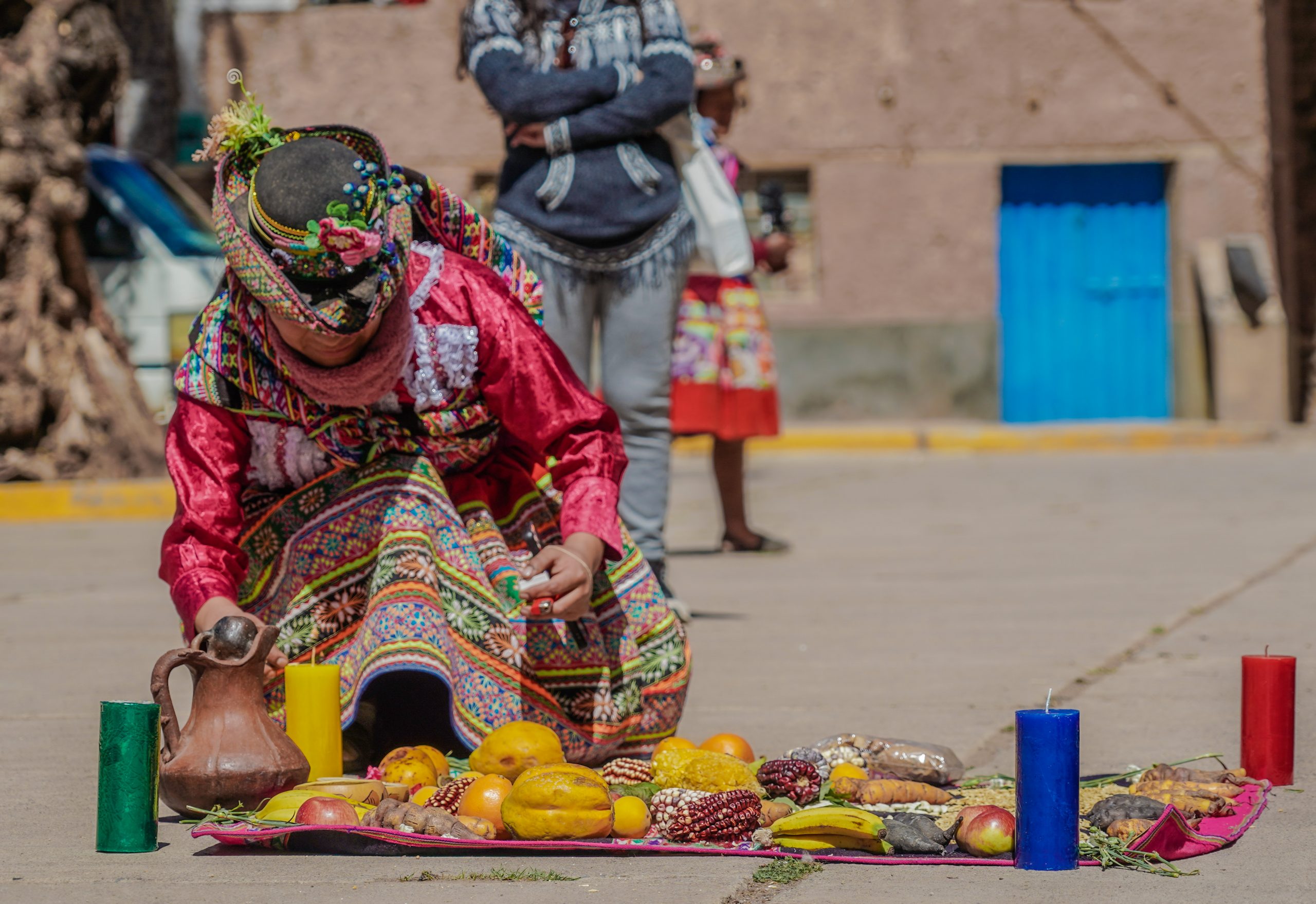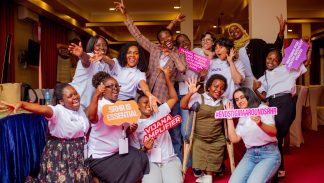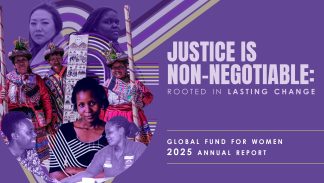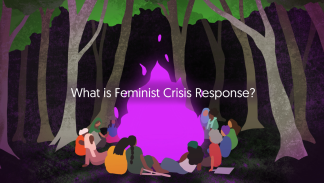Lessons from Grassroots Feminist Leaders in Peru
Letter from PeiYao Chen, President and CEO of Global Fund for Women
I've just returned from an inspiring trip to Peru to visit Global Fund for Women's grantee partners. During this journey, my team and I met with more than ten organizations across the coastal cities of Lima and Chiclayo and the highland cities of Ayacucho and Sarhua.
I still remember the early days—over four years ago—when we first piloted the movement-led approach in Peru, a funding model where local activists and feminist leaders help decide who gets funded and where. At that time, an initial landscape study by Global Fund for Women revealed that most resources and attention were concentrated in Lima, benefiting well-established feminist non-governmental organizations, while grassroots organizations remained underfunded and unseen. In response, we created the Movement Advisory Group (MAG)—a collective of local leaders from historically marginalized communities who had long been excluded from both power and funding.
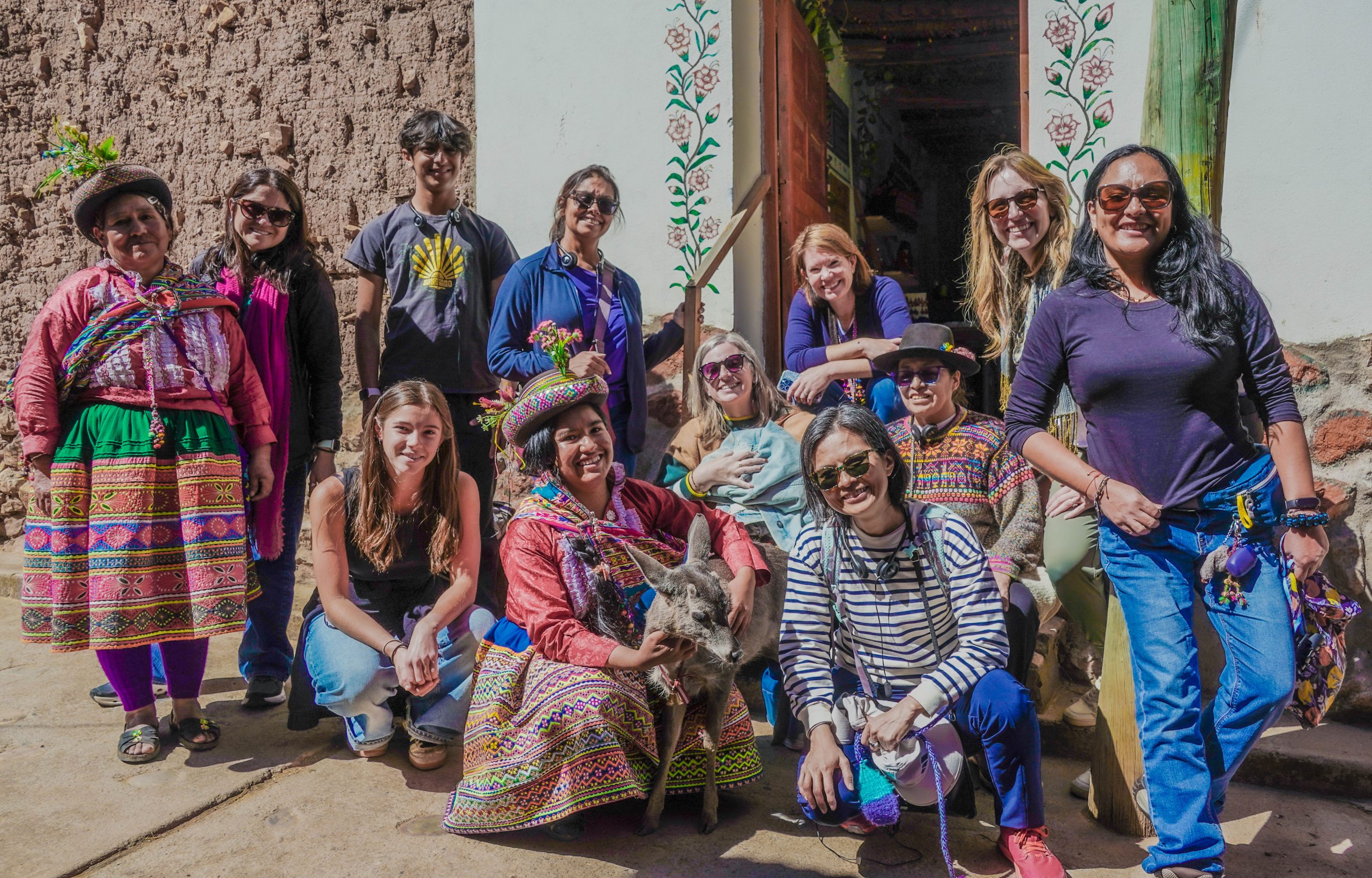
Since then, Global Fund for Women has supported 40 grassroots groups across the country through four rounds of grantmaking led by the Movement Advisory Group. Remarkably, 90% of these groups had annual budgets under $30,000; 67% were not formally registered; and 83% were first-time grantees—a testament to MAG’s connection to and effectiveness in reaching organizations that traditional philanthropy has long overlooked.
While I had previously read about and heard stories from these grantees, meeting them in person showed me that words alone cannot capture their strength, fearlessness, and unwavering resolve. These leaders represent the vibrant tapestry of Peruvian society—LGBTQI+ people, Afro-Peruvians, Indigenous women, women with disabilities, and adolescent girls. Each is tackling unique challenges within their community, yet what moved me most was the deep sense of solidarity uniting them. Together, they embody the transformative power of grassroots movements to create lasting change.
I left with a few key lessons that will continue to shape how I approach our work:
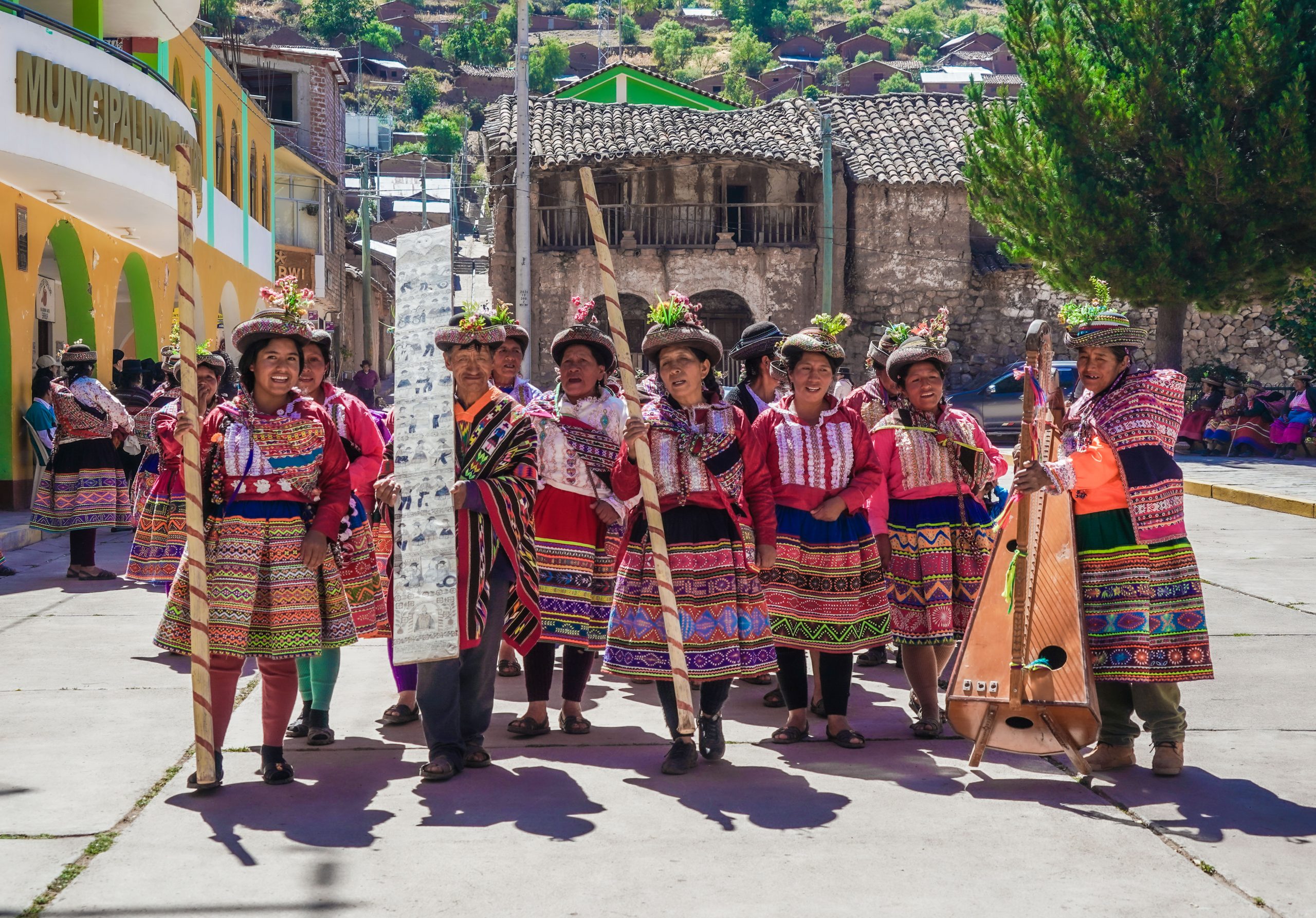
Reflection 1
Gender-Based Violence in Peru takes many forms
When we began this work, our initial focus was on ending sexual and gender-based violence. Over time, we realized that a single-issue approach cannot fully capture the complex realities of marginalized groups or reflect our partners’ priorities. While intimate partner violence and femicides in Peru are significantly higher than global rates, these communities also endure other forms of violence —all rooted in the same systemic oppression. This reality became especially clear during our visit, revealing the interconnected nature of the injustices our partners confront.
I learned about the forced sterilization of Indigenous women in the late 1990s, carried out by health institutions under the guise of expanding access to family planning; and the heightened stigma and violence against LGBTQI+ people, fueled by the government’s recent attempts to classify gender identity as a mental illness. I also came to understand that harm to the environment is another form of violence experienced by Indigenous women, who see themselves as protectors of Mother Earth. Mining activities—both legal and illegal—cause deforestation, land degradation, and water contamination; they also threaten women’s economic independence, their ability to feed their families, sustain their ways of life, and preserve their cultural heritage.
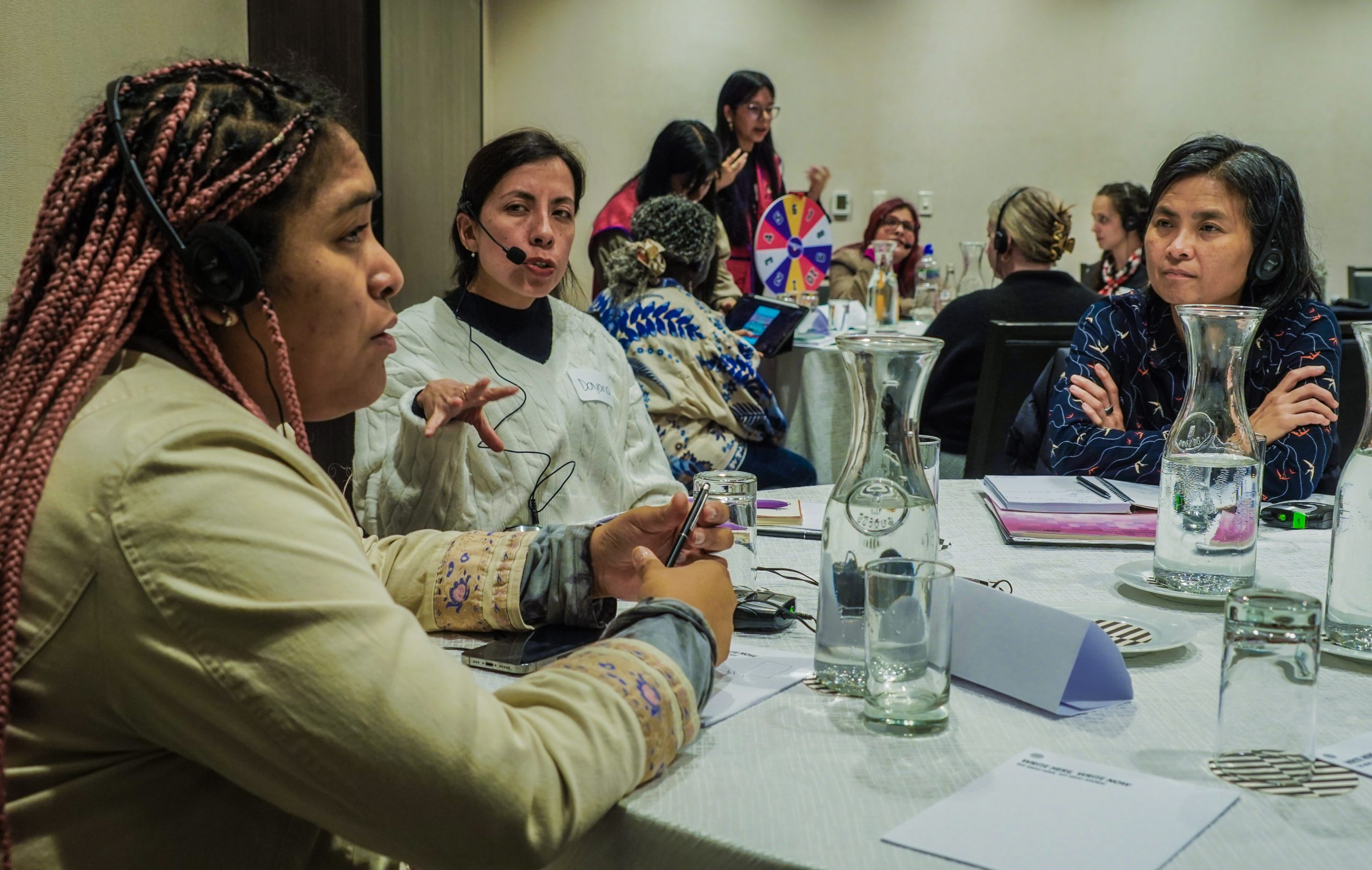
Reflection 2
Visibility is a form of resistance
A common theme that emerged was our partners’ tireless efforts to be seen, recognized, and treated as equals for who they are. They are challenging dominant narratives that portray Indigenous women, Afro-Peruvians, LGBTQI+ people, women with disabilities, and adolescent girls as lesser and undeserving of rights and justice.
Their resistance takes creative and powerful forms: marching in the streets, creating safe spaces and community for LGBTQI+ people, amplifying activist voices and those impacted by violence on social media, joining community fairs, using art to honor their histories, wearing traditional dress with pride, and traveling to key spaces to amplify their voices and demand accountability from those in power.
Reflection 3
Collective care is key to movement sustainability
Collective care is vital not only for meeting immediate survival needs but also for sustaining movements in the long term. In a safe house, I saw LGBTQI+ leaders sharing food and living spaces, caring for each other like family. At a community center, Indigenous women described organizing community kitchens—each contributing what they had—to feed entire villages during times of scarcity and caring for children whose parents were assassinated, imprisoned, or disappeared by the government.
These acts of mutual support do more than ensure survival—they foster resilience, deepen solidarity, and keep the spirit of resistance alive.
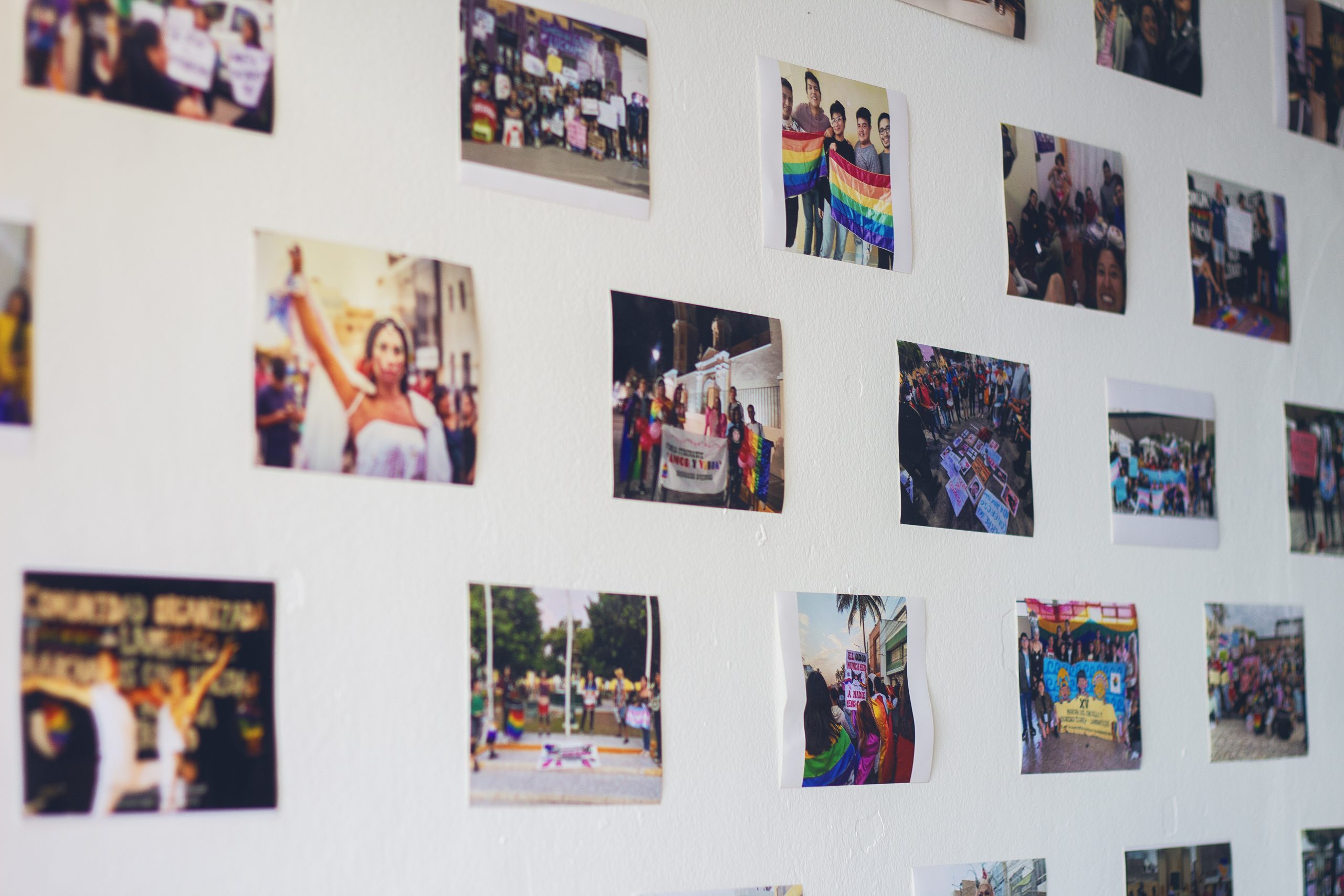
Reflection 4
Food security is not the same as food sovereignty
Food security means having enough to eat, but food sovereignty is about control, autonomy, and cultural survival. Our partners helped us see this distinction during the trip. Indigenous women in Peru grow their own food with local seeds using ancestral farming methods. They decide what to plant, what to harvest, and what to eat. By preserving these traditional practices, they nourish their families, protect biodiversity, safeguard cultural heritage, and resist dependence on external food systems that threaten their autonomy.
Our work in Peru has been shaped by listening closely to our partners and adapting our strategies to meet their needs. That flexibility has allowed us to support them in addressing interconnected issues in a holistic, community-centered way. I look forward to carrying these lessons forward as we shape our new strategic plan. Despite all of the grave challenges we are facing globally right now, I left Peru with a deep sense of hope, reminded that local feminist leaders have the answers; they just need our support.
